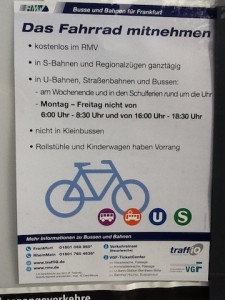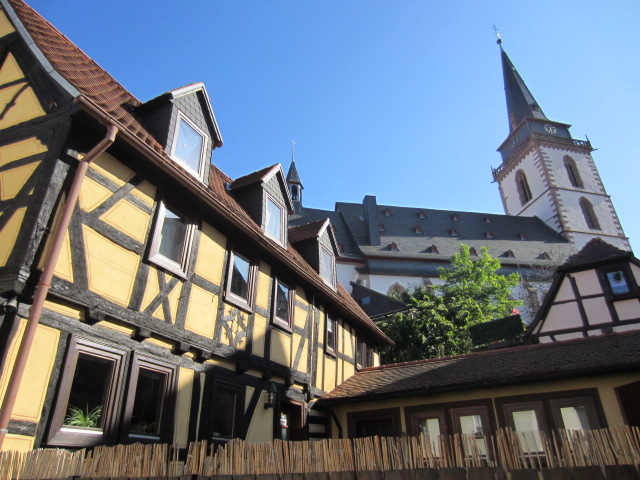In the summer of 2012, the author Annie Jacobsen sent me an e-mail inquiring whether she could meet Mr. Kopp, our Camp King Historian, and me on her trip to Germany the following month.
She came to do her research on Nazi Germany for her book Operation Paperclip, and then the three of us toured various sites together. She initially had asked me to function as her interpreter, which was not necessary, because Mr Kopp’s English is close to fluent. For our warm-up session and discussing the day’s agenda, we started out at our local pizzeria :-).

Ms Jacobsen and Mr Kopp

Ms Jacobsen in front of the Mountain Lodge, Oberursel
More about Ms Jacobsen’s visit in August 2012 here at: A Visit to Schloss Kransberg.
This book is also available on amazon.com: Operation Paperclip: The Secret Intelligence Program that Brought Nazi Scientists to America
Mr. Kopp just sent me a note, reminding me of Operation Paperclip having gotten published on 11 Feb of this year. And we were both mentioned in her acknowledgements on page 665.
Thanks for the mention, Annie. We had an interesting day with you as well.






